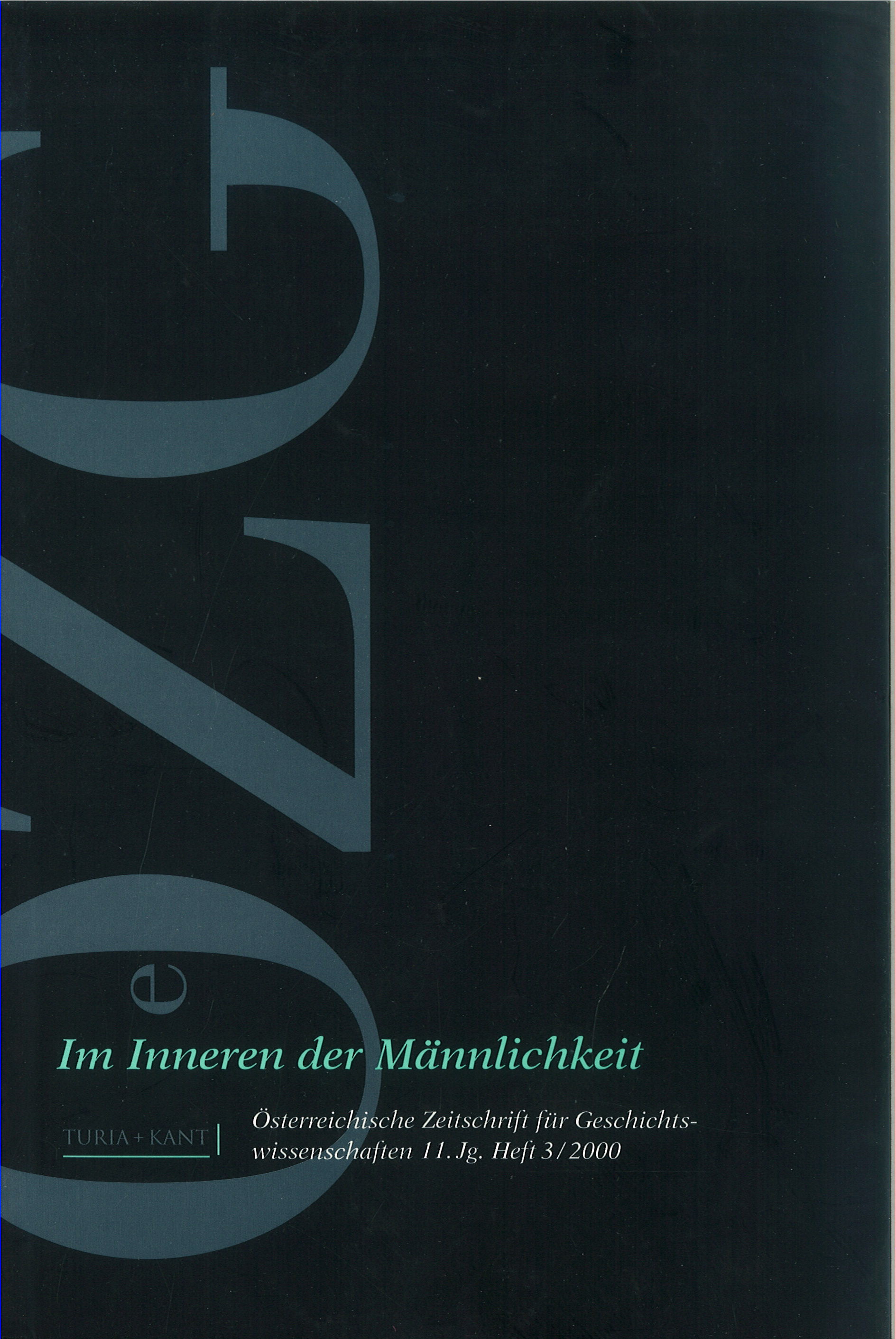Geschlecht und Politik in der Freiheitlichen Partei Österreichs 1986 bis 2000
DOI:
https://doi.org/10.25365/oezg-2000-11-3-5Abstract
The author bases her gender specific analysis of ehe party politics of the Freiheitliche Partei Österreichs (FPÖ) and of the staging of the party's public appearances since the beginning of Jörg Haiders chairmanship in 1986 on two assumptions. She defines the FPÖ as a (national- or right-wing-) populist party and she focuses on situations of crisis as a common denominator in the development of populism and gender relations. Populist politics, just like gender relations, result and produce crises on different social levels, which are characteristic for the situation of Austrian society at the turn of the 21st century. The FPÖ is by tradition a male party, which has become apparent in the recruitment strategies for its leading elites in male Student corporations and the populist content of its politics, which concentrated on male-orientated topics such as hate of foreigners and public security. At the national elections this resulted in a voter-gender gap of 11 %. This means, that it were Austrian women, who in recent years prevented the FPÖ to become the largest party in Austria. The FPÖ tried to react with a variety of strategies: on the personal level women acquired in leading positions, and on the political level the FPÖ made the crucial specifically female contradiction, namely to integrate jobs and familywork, one of the focal points of their campaigns. By doing so they tried, even by recurring to countless contradictory arguments and demands, to maximize their female votes at all cost, which is one of the major characteristics of populism.


